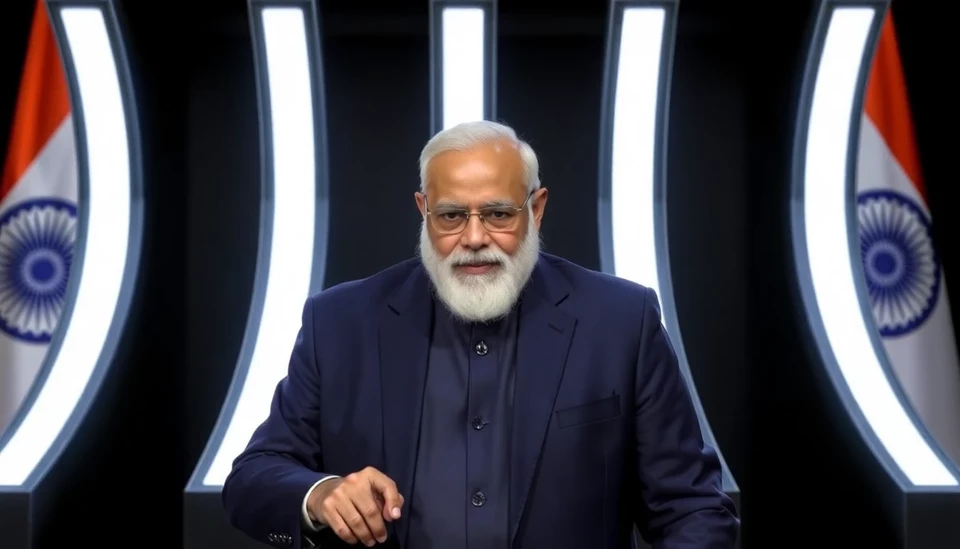
In a recent statement, the Indian government has raised concerns that impending tariff increases could potentially trim the country’s economic growth by as much as half a percentage point. This revelation comes as part of a broader narrative surrounding trade dynamics and economic stability amidst ongoing global tensions.
Officials from the Ministry of Finance have pointed out that higher tariffs on imports could escalate costs for consumers, reduce competitiveness for domestic industries, and consequently hinder the overall growth trajectory of the Indian economy. The cautionary approach reflects India’s ongoing attempts to navigate complex international trade relations, particularly as the world grapples with inflationary pressures and supply chain disruptions.
Experts have noted that the implications of such tariffs are twofold. Firstly, they could lead to higher prices for goods, directly impacting consumer spending. Secondly, industries that rely on imported materials might face increased operational costs, potentially stalling investment and production activities. The government's articulation of these risks underscores the delicate balancing act it must maintain between protecting local businesses and fostering a favorable environment for foreign investments.
The backdrop of this economic warning is heightened by the global landscape, where trade barriers and tariffs have become increasingly politicized and contentious. As nations react to geopolitical tensions, India’s position as a burgeoning economy is increasingly scrutinized. Many observers suggest that while protecting local industries is essential, it is equally vital for India to remain integrally linked to global markets to sustain growth.
Furthermore, various sectors within India’s economy may be affected differently by these tariff changes. For example, industries heavily reliant on imports, such as electronics and manufacturing, could bear the brunt of additional costs, leading to potential job losses and reduced innovation. Conversely, sectors that benefit from increased protection may see short-term gains but could struggle long-term if competitiveness is not fostered through innovation and efficiency.
The Finance Ministry’s emphasis on the potential economic detriments of higher tariffs illustrates a proactive approach to informing both policymakers and the public about the potential ripple effects of such decisions. As India prepares for a more complex economic future, stakeholders are encouraged to consider both domestic priorities and international responsibilities to foster growth that is sustainable and inclusive.
In conclusion, the Indian government’s warning signifies a crucial moment in its economic policy deliberations, highlighting the need for careful consideration of tariff implications amidst an ever-evolving global economic landscape.
#India #EconomicGrowth #Tariffs #TradePolicy #Finance #GlobalEconomy #Imports #Manufacturing #ConsumerPrices
Author: Laura Mitchell




